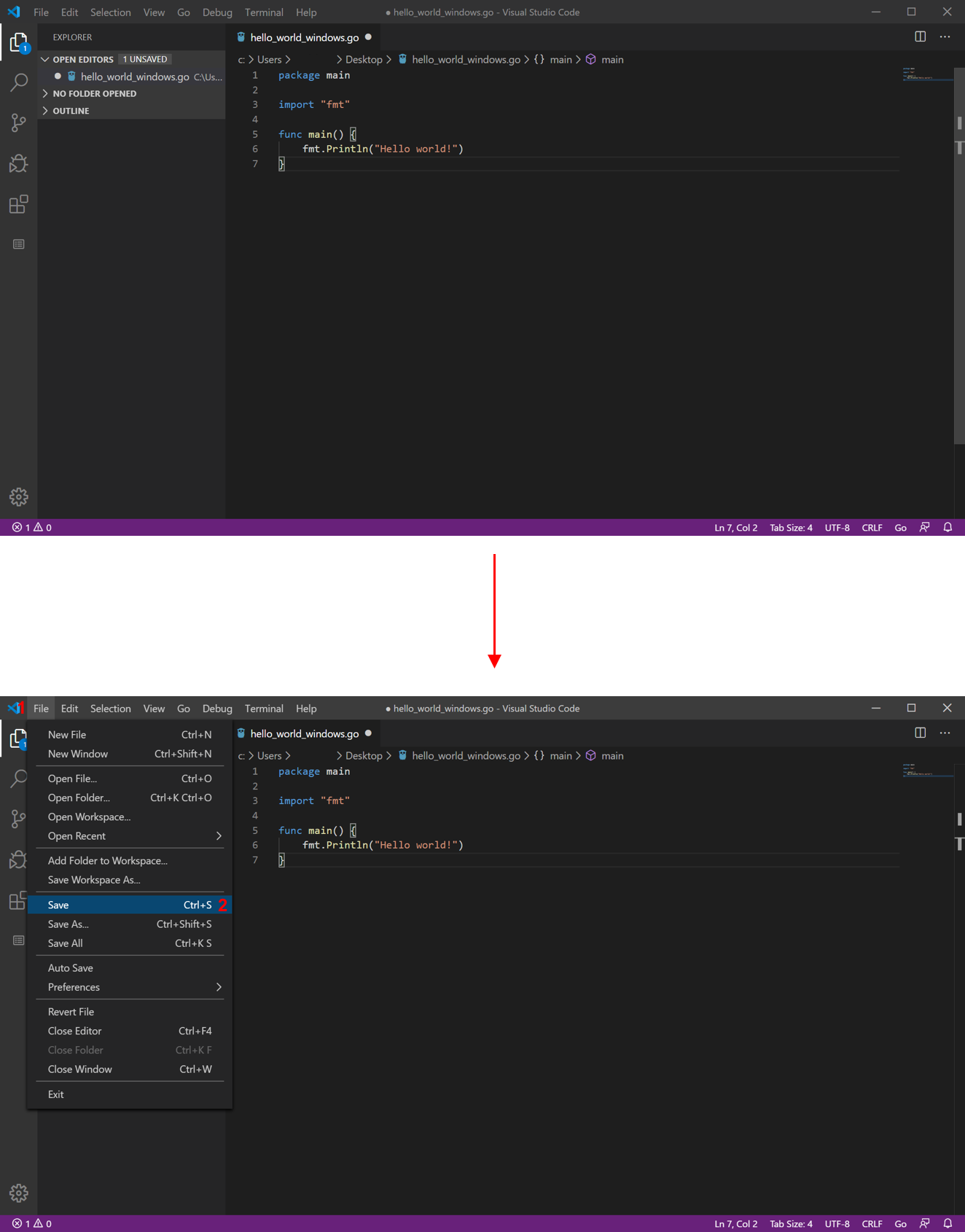
VS Code is not the only editor that can be used. Since the text editor used in this tutorial is VS Code, the rest of the dependencies will be added (imported) automatically (which is being taken care of by the VS Code Go extension). Get dependencies go get go./mongo-driver/mongo In this tutorial, we are going to use the binary file of VS Code which is renamed to testfile.zip) testfile.zip (you can use any file larger than 16 MB.Sign up for MongoDB Atlas today and get started with a Free M0 tier.Īssuming that the development environment is already set up, let's start with installing the necessary dependencies (if this is the first post you’re reading, I’d recommend to check out Nic’s first Quick Start post): A MongoDB (cluster) server or on an Atlas account (MongoDB does provide a free tier as well).For tooling, the minimum requirements are: To move along this tutorial, it’s important to have a knowledge of Go (The Go Programing language) and MongoDB CRUD operations. When using geographically distributed replica sets, MongoDB can distribute files and their metadata automatically to a number of mongod instances and facilities.įor more information about GridFS, head over to this page.

#Goland fmt on save how to
In this tutorial, we’re going to look at how to use the MongoDB GridFS feature to store files which are larger than 16 MB. This post is a continuity of getting started with Go and MongoDB series using the official Go driver.


 0 kommentar(er)
0 kommentar(er)
